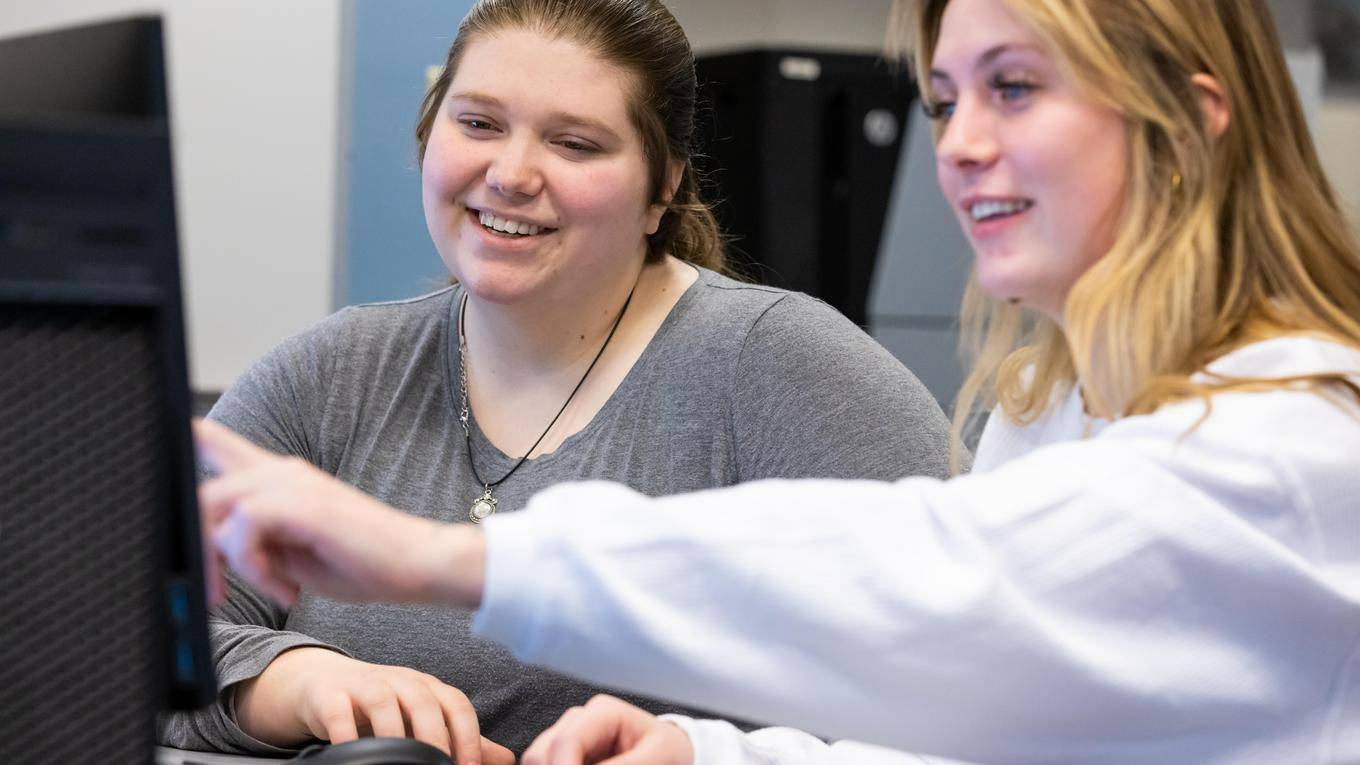Applied and Public Sociology
Our M.A. program is aimed at providing you with professional skills valued in public and private sectors, especially if you are interested in criminal justice, health and gerontology and community and social justice fields.
As a student earning an M.A. in applied and public sociology, you will use the concepts and theories of sociology, appropriate methodology and a sensitivity to the policy process to connect sociological knowledge with concrete social/economic outcomes for community stakeholders. You’ll learn to engage community stakeholders—including neighborhood groups and grassroots organizations, public organizations and private businesses—with the aim of stimulating informed public dialogue.
You’ll also employ social science theory and methodology to address public issues in the community, finding ways to expand your scope of orientation by translating theory and research into practical applications and policies accessible to the general public.
Research & the Community
At the heart of the program is research that extends into the community. As such, you’ll apply empirical methods, collect and analyze information and interpret sociological literature to help shape research goals and policy decisions in the public and private sector.
To prepare for a career in the field, you’ll master job-related and community-impact skills in such areas as qualitative and quantitative research, problem solving, community engagement, social policies and trends and oral and written communication skills aimed at disseminating knowledge for academic and public audiences.
You’ll also engage in practical field experiences for reflexive outcomes in the private/public sectors. These field experiences will include internships, off-campus practicums working with a practitioner research with faculty, and service to the community through individual or class projects.
Program Information
This program blends social science theory and methodology to tackle public issues, driving positive change in criminal justice, social justice, and community health domains. Be an agent of transformation.
Degree
Master's
Academic Department
Sociology
Duration
1-2 year
Required Credit Hours
15-30
Modality
In-Person
Program Requirements
- Research Methods in Sociology
- Quantitative Analysis
- Multiculturalism
- Theories of Conflict
- Organizational Theory
- Qualitative Methods
- The Social Landscape: Place, Space and Society
- Population
- Theory and Practice of Conflict Resolution
- Program Planning and Evaluation
- Proposal and Grant Writing
- Applied Community Practicum
- Teaching Sociology Practicum
- Community and Social Justice
- Health and Gerontology
- Criminal Justice and Society
A concentration requires completion of an approved elective course in that concentration area, as well as completion of a thesis or practicum project in that concentration area.
- Proposal Development - This option provides mentored proposal preparation for the Thesis or Community Research Clinical Practicum under the guidance of the Thesis or Practicum Director.
- Thesis - This option entails an individual research project involving a research design, analysis and completion of a report or article length document.
- Community Research Practicum - This option entails a team research project under the guidance of a faculty member and in partnership with a community organization. The research team is involved research design, analysis and completion of a report and presentation that assists the community organization in meeting public needs.
Applied & Public Sociology Areas of Concentration
- Community and social justice
- Health and gerontology
- Criminal justice and society
Through much of this professional orientation in sociology, you’ll focus on working with community-based organizations and public agencies aimed at social improvements in areas such as health, poverty and community empowerment.
The applied & public sociology certificate program is 15 credits and can be completed
in one year. This is a great option if you wish to enhance your knowledge of sociological
theory and practices but would rather commit to a shorter program. As a student in the certificate track, you will take one of the following two capstone/practicum
courses: Applied Community Practicum or Community Research Clinical Practicum. The Applied Community Practicum will be offered each year and involve an individual
onsite project with a community partner organization. The Community Research Clinical
Practicum will be a team project offered in conjunction with a community partner.
This practicum will be offered every other year.Graduate Certificate in Applied & Public Sociology
Learning Outcomes


